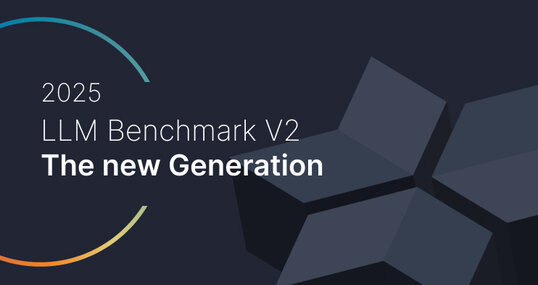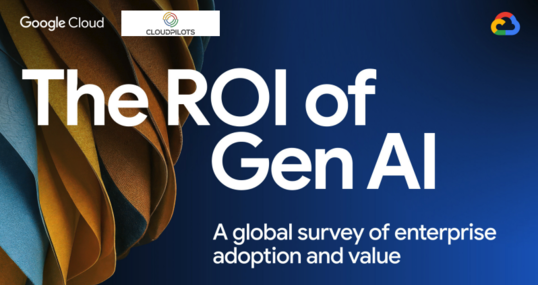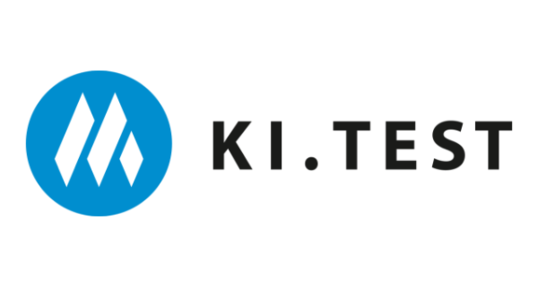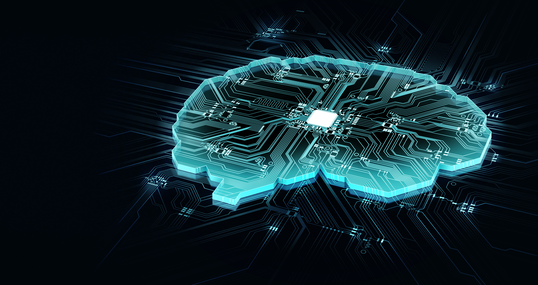Introduction
In the rapidly evolving world of artificial intelligence (AI), it is imperative to address the ethical implications and societal impact of these technologies. Responsible AI refers to the development and use of AI systems that align with ethical principles and values, prioritizing the well-being of individuals, communities, and the environment.
This guide explores the significance of responsible AI, its key principles, and real-life examples of its implementation.
Understanding Responsible AI
Responsible AI encompasses a range of considerations and practices aimed at mitigating potential risks and maximizing the benefits of AI technologies. It involves:
Ethical Considerations: Identifying and addressing ethical dilemmas arising from the use of AI, such as bias, privacy concerns, and safety implications.
Transparency: Ensuring that AI systems are transparent and explainable, allowing users and stakeholders to understand how decisions are made and actions are taken.
Accountability: Establishing clear lines of accountability for the development, deployment, and use of AI systems.
Inclusivity: Promoting diversity and inclusion in the AI development process to ensure that systems are designed with a broad range of perspectives and experiences.
Sustainability: Considering the environmental and societal impact of AI technologies throughout their lifecycle.
Why is Responsible AI Important?
Responsible AI is crucial for several reasons:
Mitigating Bias: AI systems can perpetuate or amplify existing biases, leading to unfair or discriminatory outcomes. Responsible AI practices help identify and address these biases to promote fairness and equality.
Protecting Privacy: AI systems often process vast amounts of personal data, raising concerns about privacy and surveillance. Responsible AI ensures that data is collected, used, and stored ethically and in compliance with privacy regulations.
Ensuring Safety: AI systems, particularly those involving autonomous decision-making, must be designed with safety as a top priority to prevent harm to individuals or property.
Building Trust: Responsible AI practices foster trust among users, stakeholders, and the general public by demonstrating that AI technologies are developed and deployed with integrity and transparency.
Real-Life Examples of Responsible AI
Numerous organizations and initiatives are embracing responsible AI principles to create positive impacts:
Healthcare: AI systems are assisting in disease diagnosis, drug discovery, and personalized treatment plans, improving patient outcomes while reducing healthcare costs.
Education: AI-powered tutoring platforms provide tailored learning experiences, enabling students to learn at their own pace and receive real-time feedback.
Transportation: Self-driving cars equipped with AI technology enhance road safety by reducing human error and improving traffic flow.
Environmental Sustainability: AI systems are used to monitor and analyze environmental data, supporting efforts to combat climate change and promote sustainable practices.
Google is a pioneer in the field of Responsible AI
Google is committed to practicing Responsible AI. They have a well-defined set of AI Principles that guide their work and ensure their AI systems are socially beneficial, avoid creating or reinforcing unfair bias, are built and tested for safety, are accountable to people, incorporate privacy design principles, and uphold high standards of scientific excellence.
Google also has a dedicated Responsible AI team that conducts research and develops methodologies, technologies, and best practices to ensure their AI systems are built and deployed responsibly. They have tools and resources like Explainable AI, Model Cards, and the TensorFlow open-source toolkit to provide transparency and understanding of their AI models.
























































































